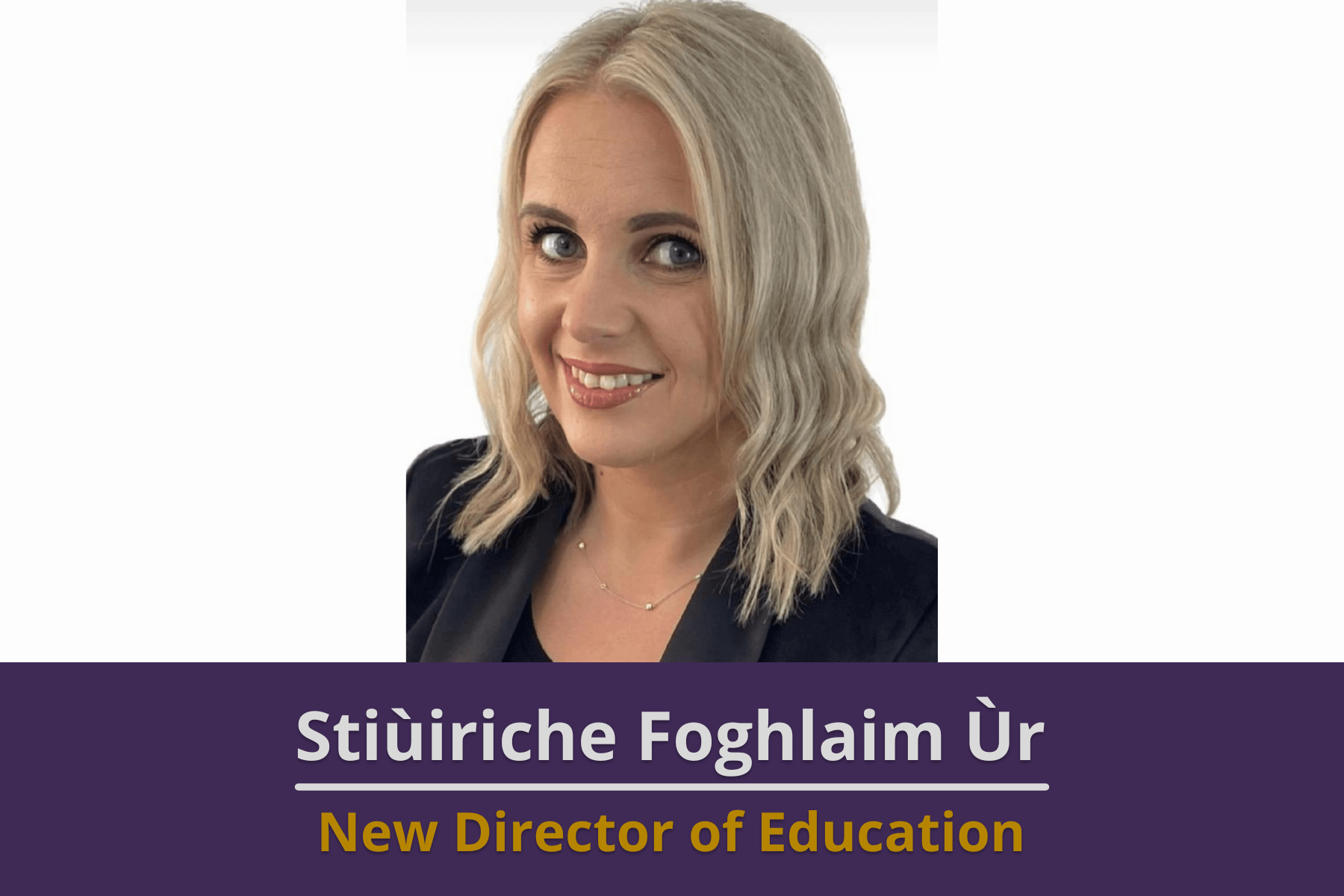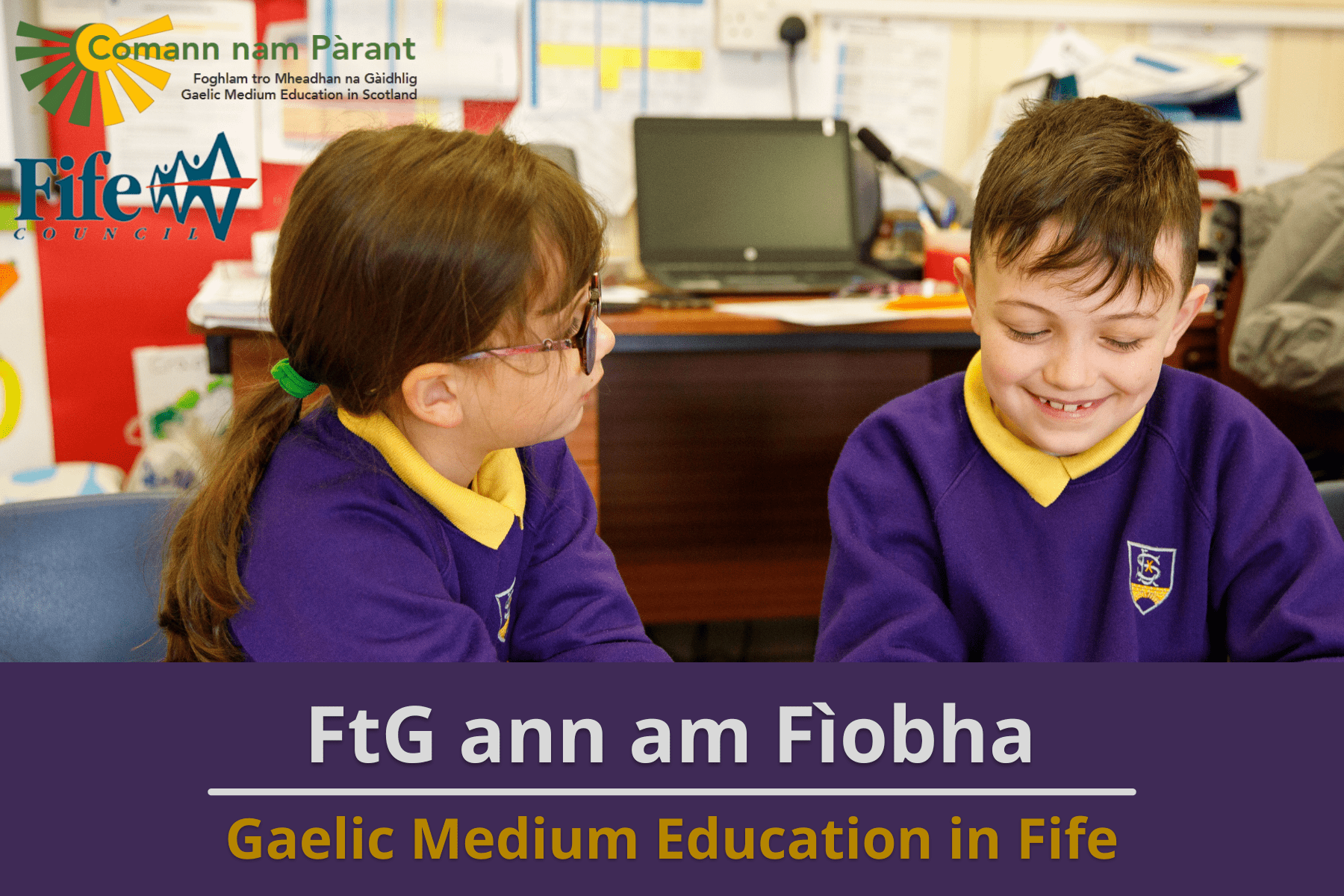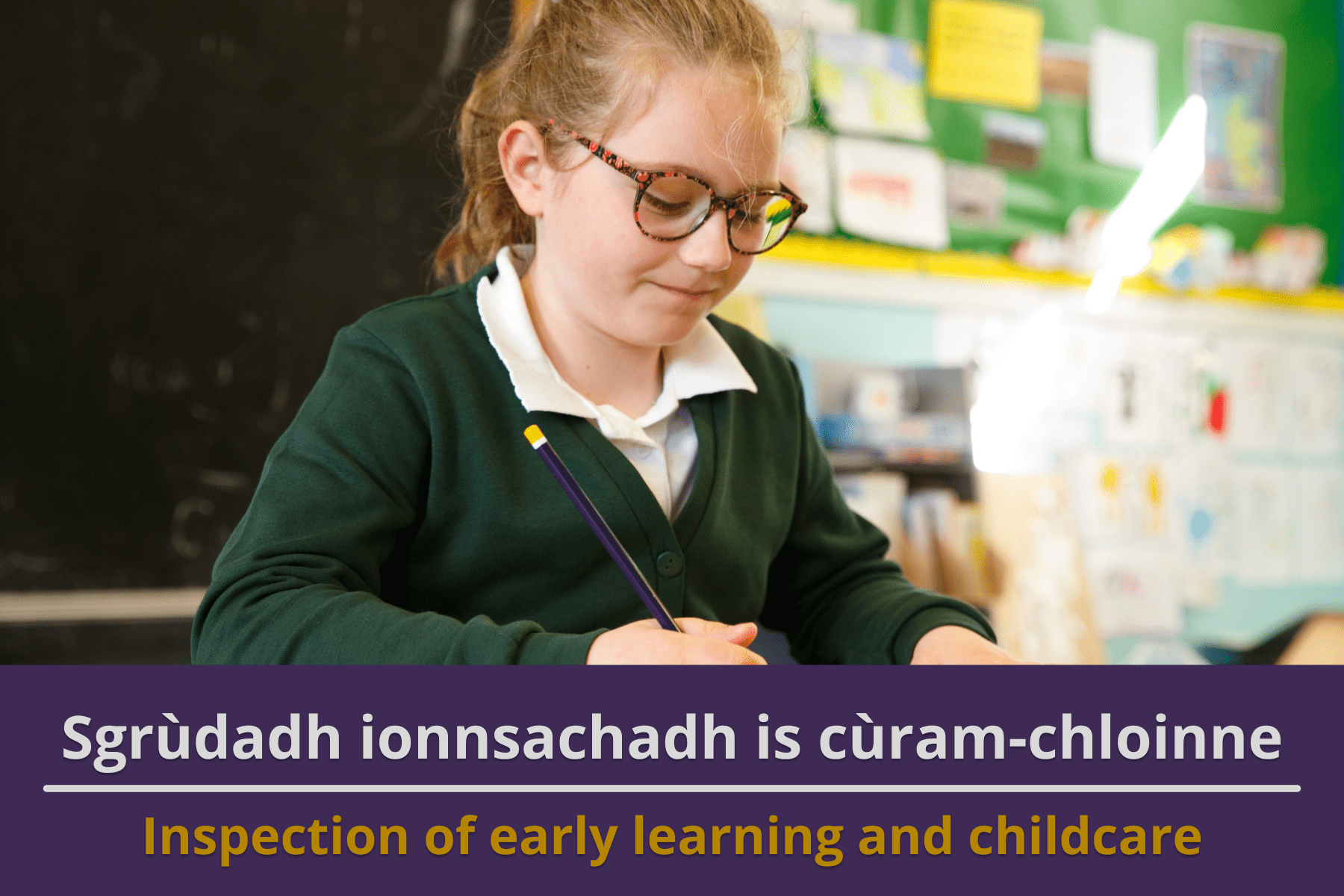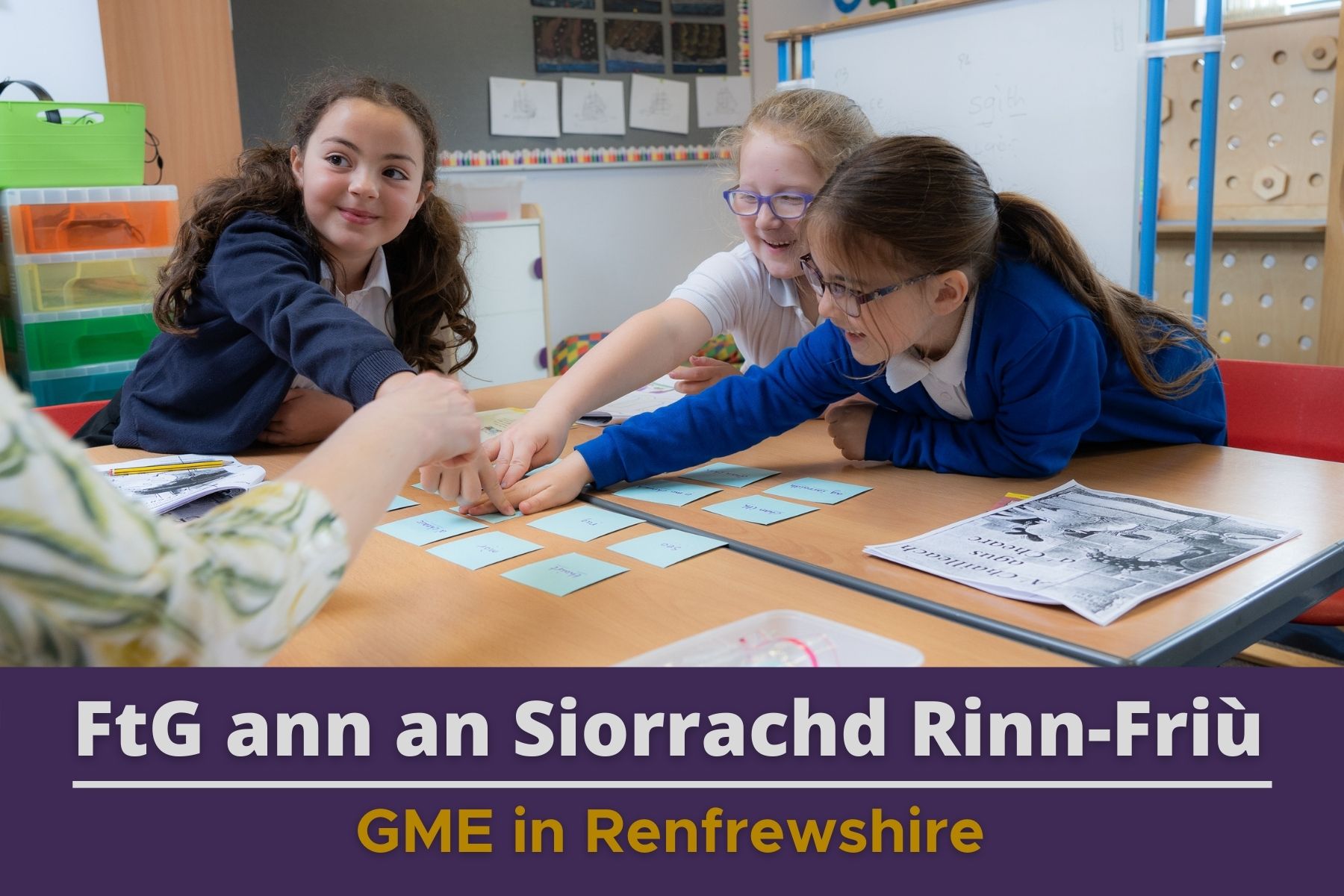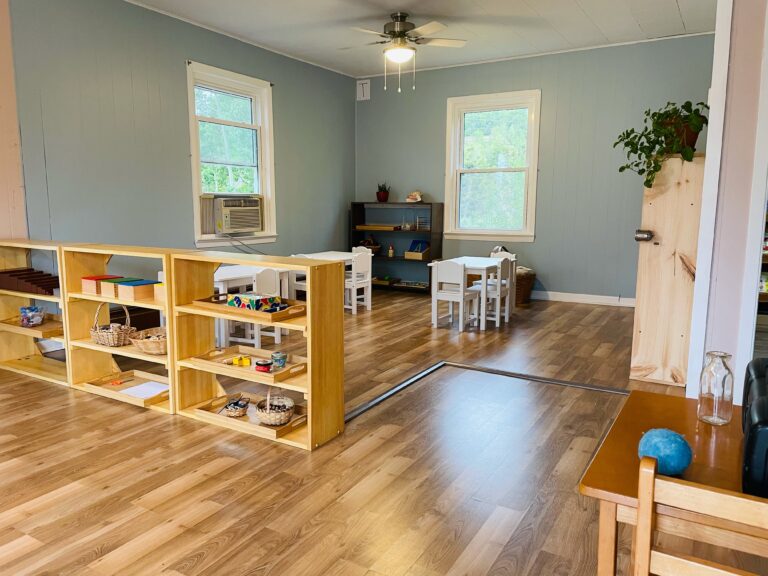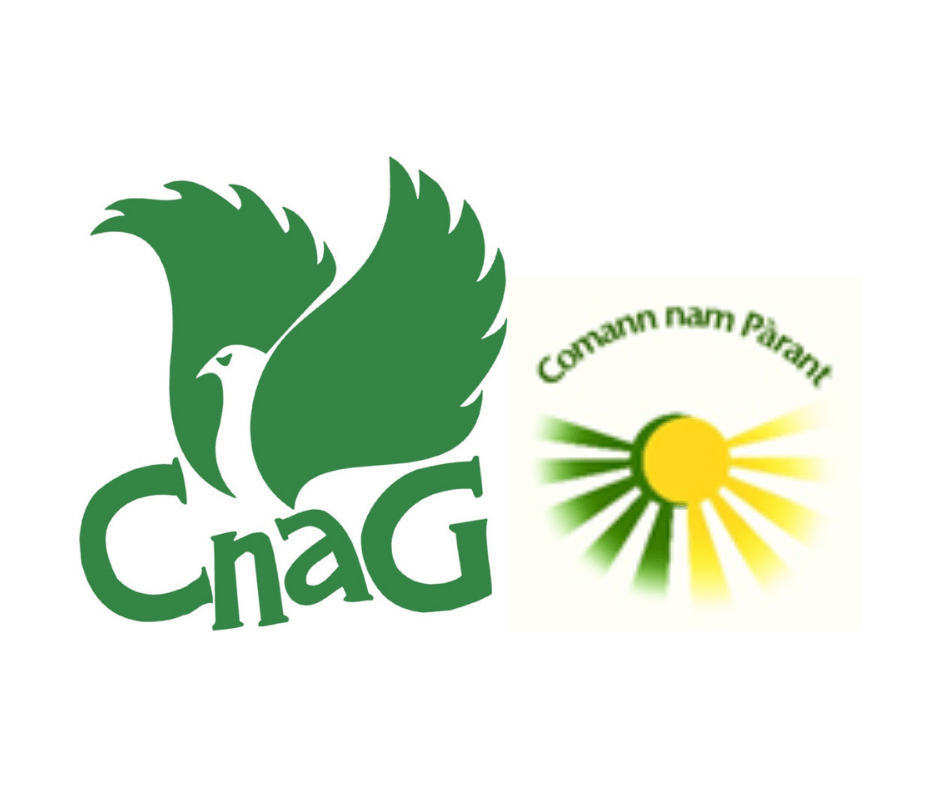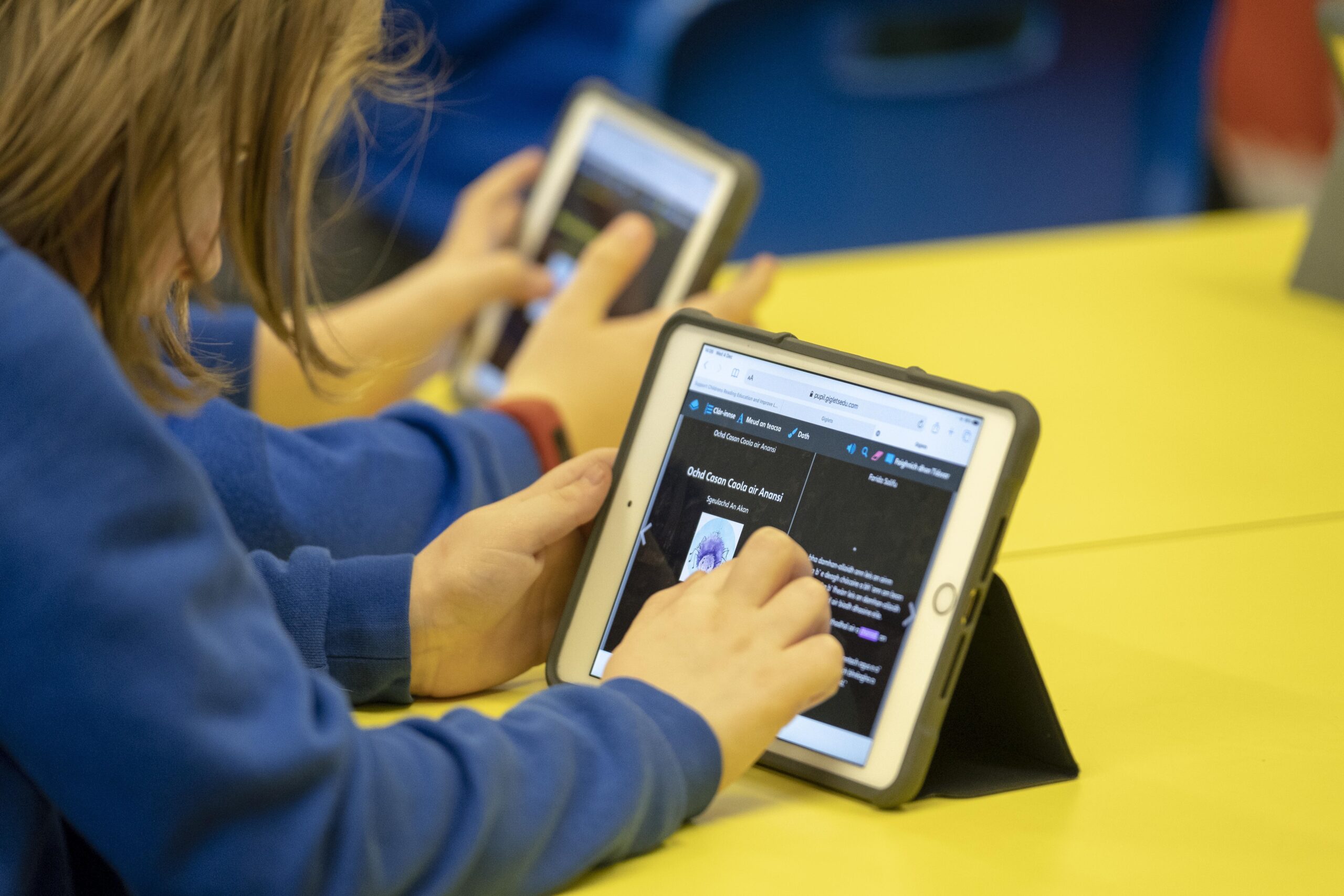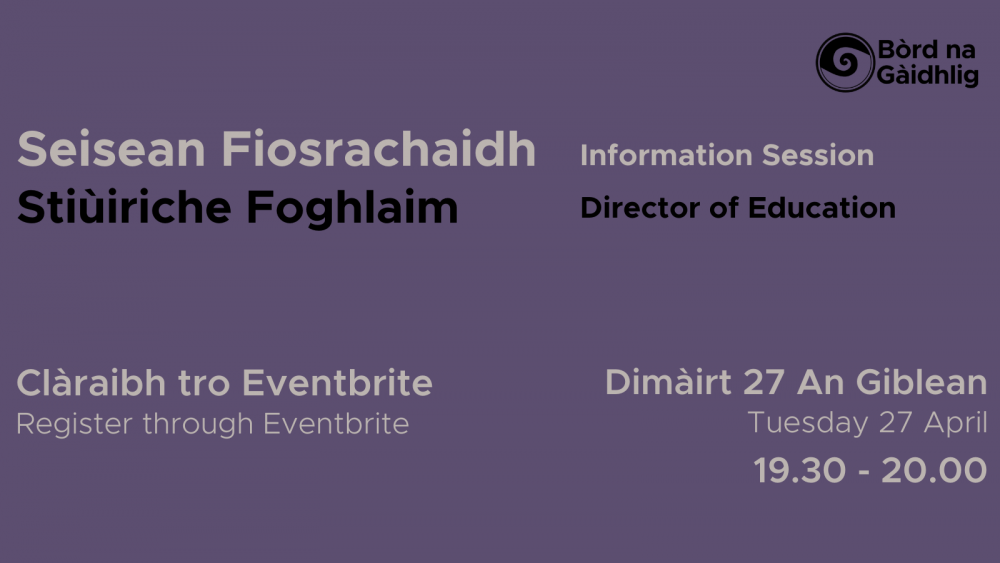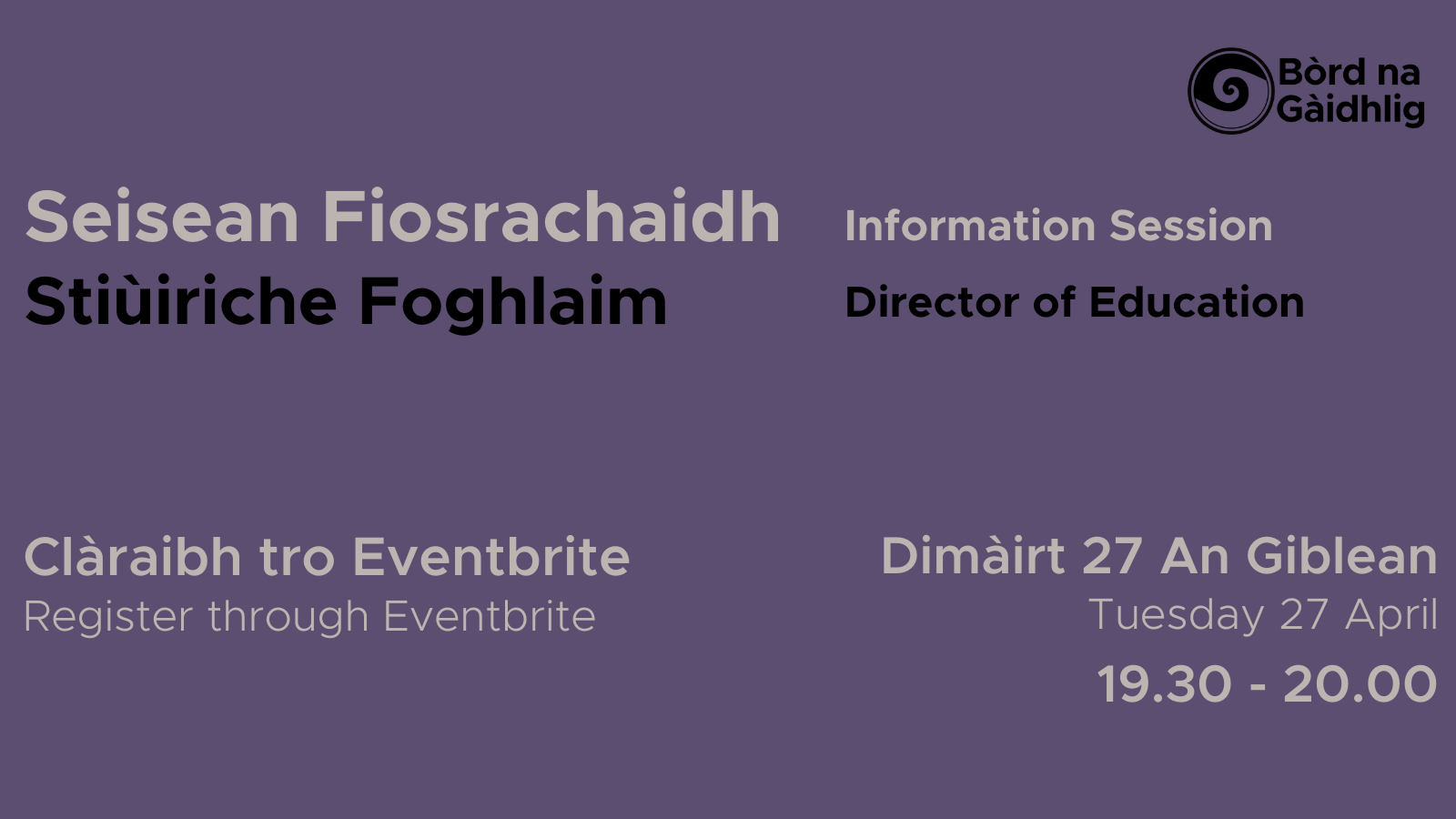A new pilot scheme, to help develop early years education, has been created by Comann nam Pàrant (CnamP) and Comunn na Gàidhlig (CnaG), in partnership with Bòrd na Gàidhlig.
Three new positions will be created at Comann nam Pàrant, with funding from Bòrd na Gàidhlig, to assist early years groups – 1 Manager and 2 Development Officers.
This pilot scheme will last a year to begin with, with plans to extend the project if it proves to be an effective way to promote Gaelic in early years education.
The officers will assist and work with local authorities and independent groups in different areas.
Comann nam Pàrant, who are a part of CnaG, will be leading this project as they have extensive knowledge in this field. They have been supporting parents with early years education in GME for many years. Alongside BnG they have also been closely involved in another initiative to secure and distribute funds to early years groups.
Comann nam Pàrant and Comunn na Gàidhlig hope to build on the services already provided by:
- Establishing an early years assistance team to encourage new parents into Gaelic Medium Education (GME)
- Creating a stronger relationship between Gaelic and the home; where children return home from an early years session and still hear and use Gaelic – to some level
- Developing Gaelic language skills at a young age
- Strengthening established and newly formed groups
- Creating more learning opportunities for children
- Developing early years work and groups
- Assisting in the growth of GME
- Expanding the number and skills of Gaelic speakers
During the lockdown, families were able to attend Parent and Toddler sessions online.
After discussions with parents during that period, CnamP and BnG officers discovered that even though parents and groups welcomed the new online opportunities, like the Gìog Ort project in partnership with Stòrlann, most wanted the opportunity to meet face to face. Parents have noticed that the lockdown has affected their children’s fluency and early years groups have said that not being able to meet with families to speak Gaelic in a fun setting was one of their biggest challenges – given that as this is one of the best ways to develop language skills.
Magaidh Wentworth, National Director of CnamP, said: “The years 0-3 are very important in terms of GME growth, but also in terms of Gaelic being used in homes and communities. This project will encourage new parents to enrol their children in GME, while also helping those children with their Gaelic language skills as early as possible. It is extremely important that they get the best start so that they can develop strong Gaelic language skills.”
“It is also important to create a strong relationship between Gaelic and the home. It is important that Gaelic is used at home after children return from an early years session. This project will help with that too.”
Donald MacNeill, Chief Executive of CnaG, said: “The sooner young children hear and engage with Gaelic, the deeper their linguistic roots will be, and the stronger their affinity with the language. We are delighted that Bòrd na Gàidhlig approved our application, and we are excited to be creating a new development team for early years education.”
Jim Whannel, Education Director at Bòrd na Gàidhlig, said: “With everything opening up again, Bòrd na Gàidhlig wants to make sure that effective and impactful help is offered to early years groups and parents. It is because of this reason that we decided that this project with Comann nam Pàrant is the best option to develop early years work after the pandemic.
“The Early Years team at Bòrd na Gàidhlig have been working diligently since the team was created more than 10 years ago and the new pilot project, being provided by Comann nam Pàrant and Comunn na Gàidhlig, will build on the successes the team has delivered. In addition there will be a Development Officer at Bòrd na Gàidhlig, within the Education Team, with a remit for national strategic work in the Early Years GME sector.”
Bòrd na Gàidhlig will still be running the Early Years Education Grants 21/22 and those groups will still receive information and help from Bòrd na Gàidhlig through this.
The Early Years Education Grants are now open and this scheme will offer help, information and funding to independent early years groups who want to run sessions from August 2021 to June 2022. This scheme will be assessed as usual by Bòrd na Gàidhlig and Comann nam Pàrant.
The Early Years Education Grants 2021/22 are open until 3pm on Tuesday 13th July 2021 and you will find more information here:
https://www.gaidhlig.scot/en/funding/funding-schemes/early-years-grants/


